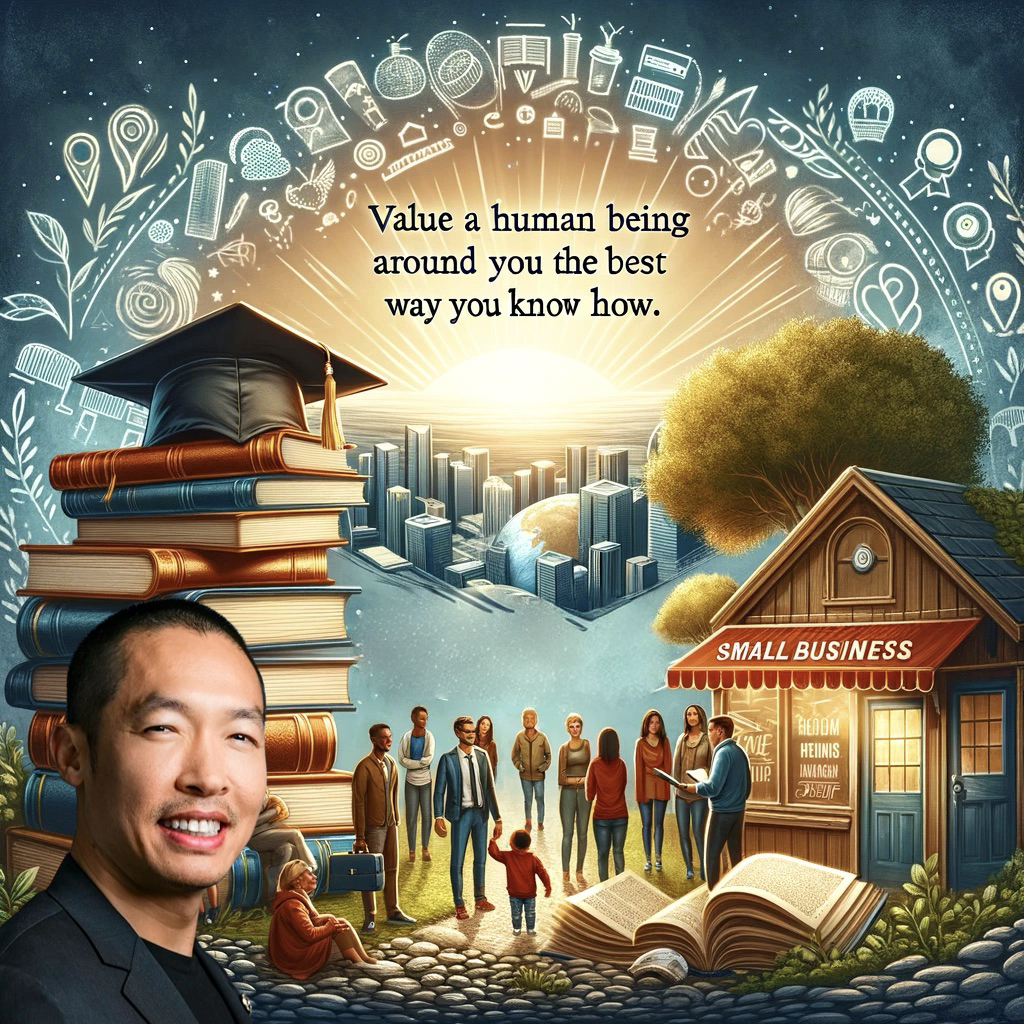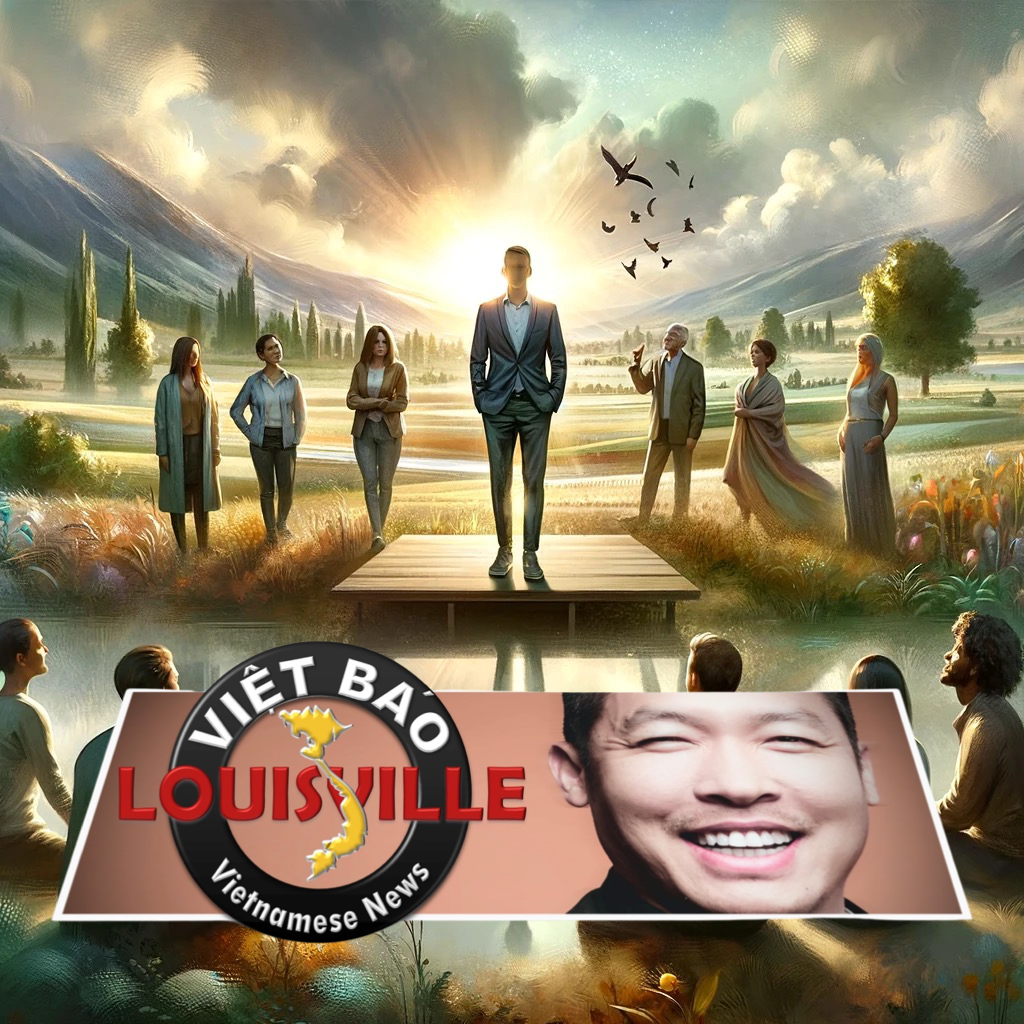In the past few decades, we’ve witnessed a significant shift in the landscape of higher education. Since the turn of the millennium, there has been a noticeable trend: more women are graduating from college than men. The statistics speak volumes, with women now making up 60%-70% of college graduates. This shift is not just a number; it’s a reflection of a broader societal transformation that is reshaping our expectations and norms.
Women Leading the Way
The increasing number of women in higher education is a testament to the progress we’ve made in gender equality. It’s a sign that barriers are being broken down and that women are claiming their rightful place in academic and professional spheres. This trend is particularly inspiring because it challenges the traditional expectations that have long held women back. The notion that men should be the primary breadwinners or that women should prioritize family over career is becoming outdated. Today, women are leading by example, showing that they can excel in both academia and the workforce.
The Parallel with Diversity and Inclusion
The rise of women in higher education is parallel to another significant trend: the increasing diversity of our society. Just as women are breaking through the glass ceiling, people of color and immigrants are making their presence felt in all areas of life. Predictions suggest that what we currently consider minorities will soon form the majority. This shift is inevitable, yet it’s a reality that some still try to resist.
The resistance to diversity and inclusion is reminiscent of the challenges women have faced in their journey towards equality. Just as women have had to fight for their place in academia and the workforce, so too do minorities and immigrants face obstacles in their pursuit of recognition and respect. The reluctance to embrace diversity and inclusion is a reflection of a fear of change, a clinging to outdated norms that no longer serve our evolving society.
Embracing the Inevitable
The rise of women in higher education and the increasing diversity of our population are not just trends; they are indicators of a fundamental shift in our society. They signal a move towards a more inclusive, equitable world where everyone has the opportunity to succeed, regardless of gender, race, or background.
As we move forward, it’s essential that we embrace this shift. We must recognize that diversity and inclusion are not just buzzwords but are critical to our progress as a society. By valuing the contributions of women, people of color, and immigrants, we can build a stronger, more vibrant future for all.
In conclusion, the rise of women in higher education is not just a statistic; it’s a symbol of a broader movement towards equality and inclusion. It’s a reminder that change is not only possible but inevitable. As we look to the future, let’s celebrate the progress we’ve made and continue to push for a world where everyone has the opportunity to thrive.
SPONSORED BY










